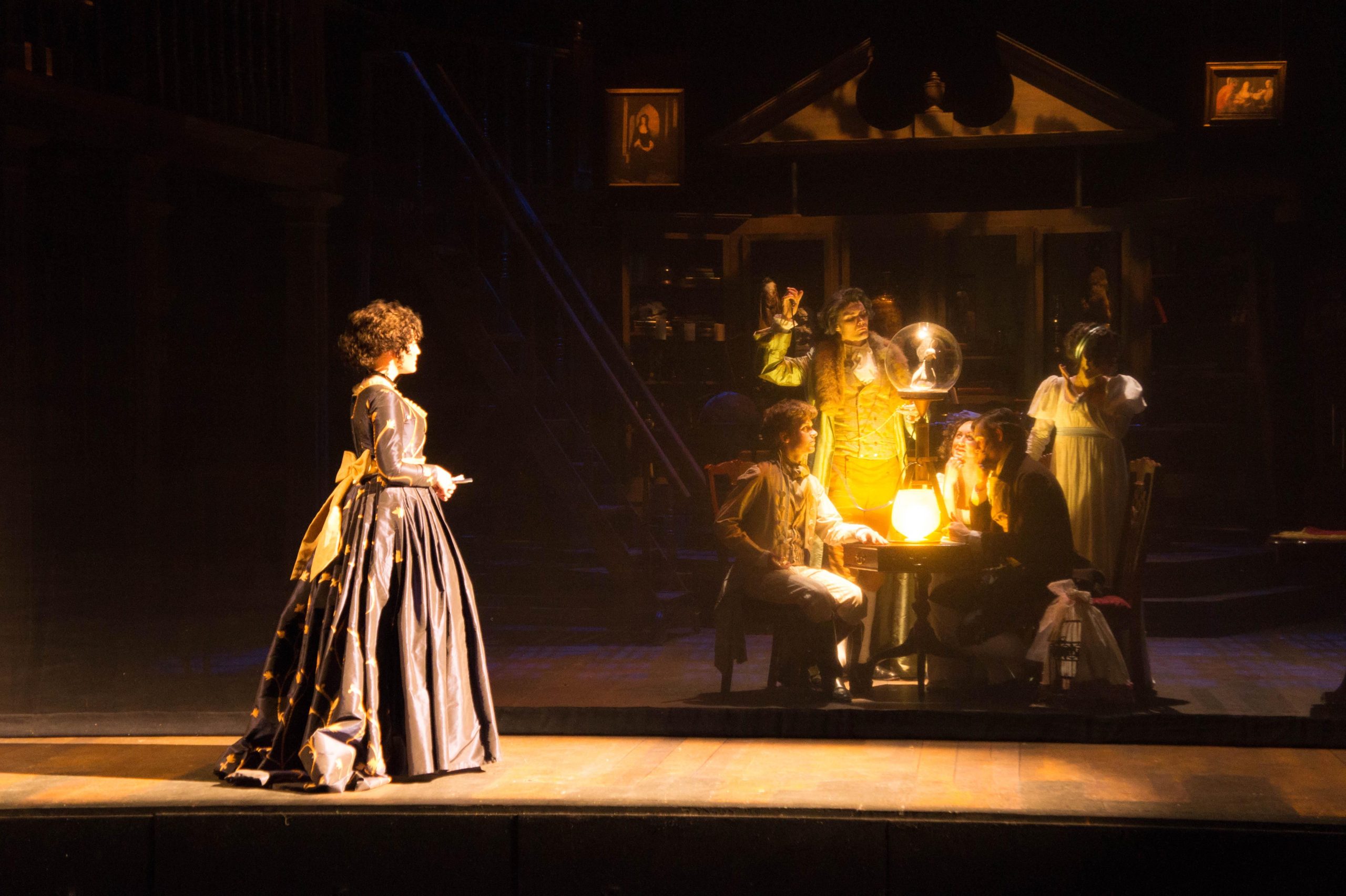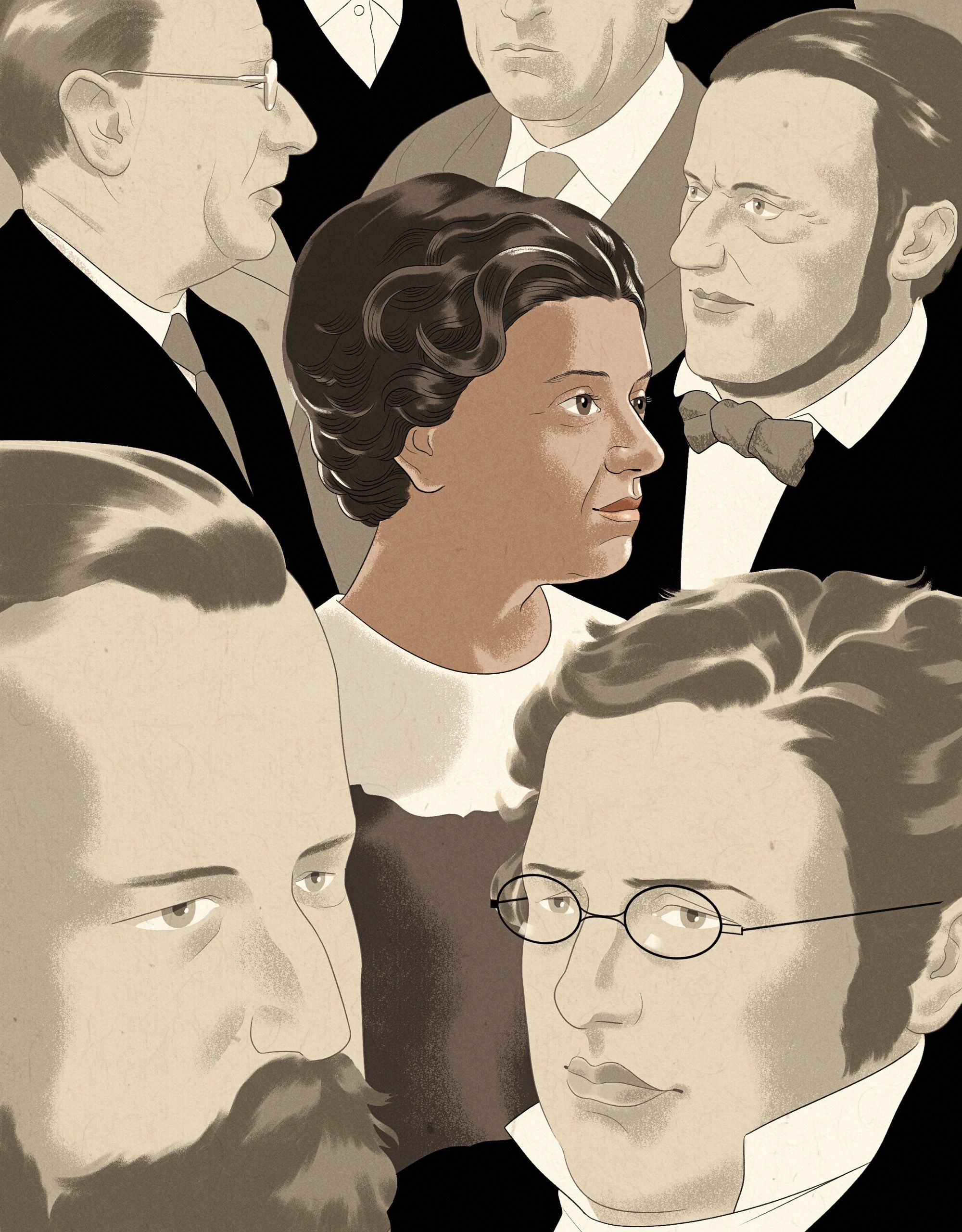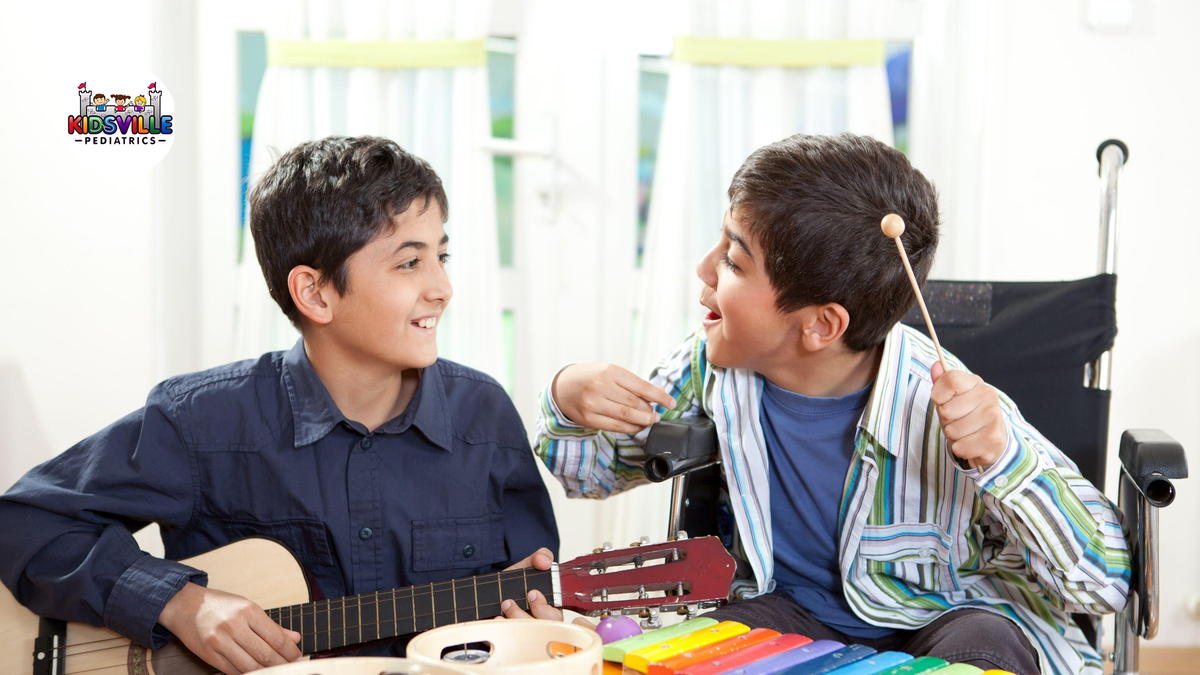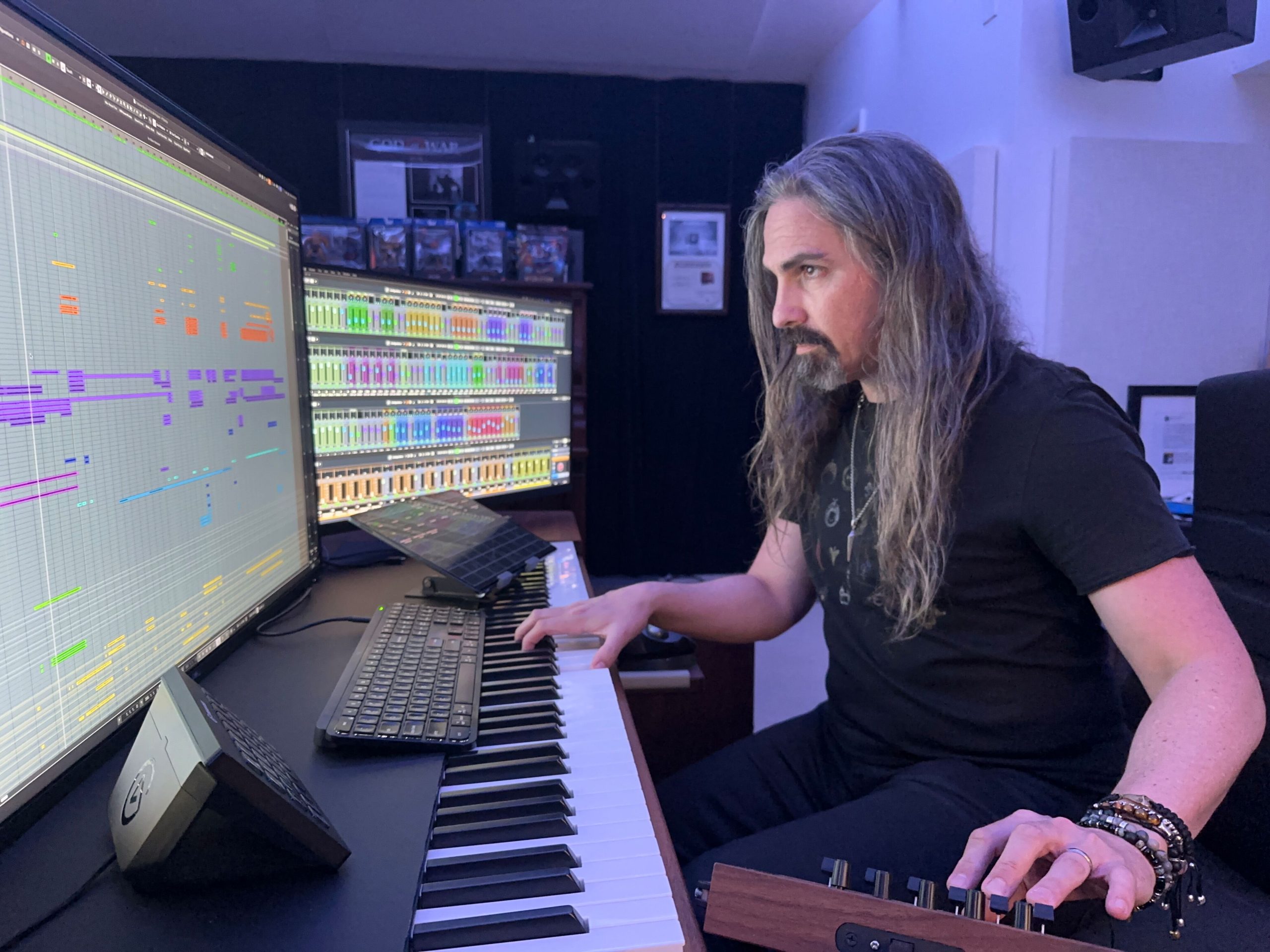The Influence of Music Festivals on Creativity and Artistic Expression

The Transformative Power of Festivals for Artists and Communities
Across the United States, music festivals have evolved beyond mere entertainment; they function as dynamic catalysts for creativity and artistic expression. By immersing artists and audiences in a vibrant atmosphere, these festivals foster an environment of inspiration and innovation that reverberates through various artistic domains. The synergy created within these settings allows both performers and attendees to tap into their creative potential, resulting in breakthroughs that can redefine artistic norms.
Collaboration and New Artistic Ventures
One of the most remarkable outcomes of music festivals is the sheer opportunity for collaboration. Numerous festivals, such as Bonnaroo and Outside Lands, feature artists from myriad genres and backgrounds, creating ripe conditions for creative partnerships. For instance, collaborations like the unexpected pairing of indie rockers and hip-hop artists can lead to fresh sounds and unique performances, showcasing the versatility of musical expression. This spirit of working together not only enhances individual artistry but also engenders a community of creativity where artists inspire and influence one another.
The Spark of Inspiration
The electrifying environment found at these events generates an atmosphere rich in inspiration. Music festivals are not just about the music; they often include visual art installations, performances, and interactive experiences that can provoke new ideas and art forms. Consider the iconic Burning Man festival, where the principles of radical self-expression and participation often culminate in innovative art pieces and performances that challenge conventional boundaries. The exhilarating experience seen at festivals can catalyze musicians and visual artists alike, pushing them to explore new directions in their work.
Cultural Exchange and Enrichment
In addition to fostering collaboration and inspiration, music festivals also serve as vital platforms for cultural exchange. Artists from various backgrounds introduce their unique styles and musical traditions to diverse audiences, resulting in enriched artistic perspectives. Festivals such as the New Orleans Jazz & Heritage Festival and the World Music Festival in Chicago highlight the beauty of cultural diversity, allowing participants to appreciate genres like jazz, reggae, and bluegrass. This immersion not only broadens attendees’ musical tastes but also contributes to a larger societal dialogue about heritage and identity.
Influence on Social Norms
The impact of festivals extends into the realm of social change. Many music festivals, such as Coachella and Lollapalooza, often reflect and challenge social norms through their lineups and themes. By featuring artists who address social issues or marginalized voices, these events create spaces for dialogue and awareness among attendees. This fusion of music and activism reinforces the idea that art can serve as a powerful tool for societal reflection and transformation.
As we deepen our exploration of music festivals, we uncover the myriad ways in which participation in these exhilarating events enhances creative thinking, fosters experimentation, and promotes artistic collaboration. Understanding the profound effects of music festivals on creative expression opens doors to appreciating not only the events themselves but also the larger cultural narratives they represent.
DIVE DEEPER: Click here to discover delicious local recipes
Bridging the Gap: Festivals as Creative Crossroads
Music festivals emerge as creative crossroads, where the fusion of diverse artistic talents sparks a chain reaction of innovation. As artists, musicians, and fans converge in shared spaces, the collaborative potential is magnified. This intersection of varied disciplines—sound, visual art, performance, and community engagement—creates a rich tapestry of experiences that can profoundly influence artistic expression.
Raising Creative Stakes through Competition
Many music festivals integrate competition elements, providing emerging artists with platforms to showcase their talents. Events like the “Battle of the Bands” at the local music festival not only attract new talent but also push artists to elevate their performances in hopes of landing coveted spots on main stages. This competitive spirit ignites a drive for artistic excellence that can lead to groundbreaking new forms of expression. For artists who participate, the opportunity to receive feedback from experienced musicians and industry professionals can serve as a priceless learning experience, sharpening their craft and enhancing their creativity.
An Ecosystem of Inspiration
Festivals often create an ecosystem of inspiration that extends beyond the stages. Workshops, panels, and interactive sessions give artists and attendees the chance to exchange ideas and techniques, further bolstering the creative atmosphere. Notable festivals such as the Philadelphia Folk Fest or the American Music Festival include workshops where musicians can learn from seasoned artists and explore different genres. These educational experiences not only inspire individual growth but also encourage the kind of artistic experimentation that leads to innovation.
The Role of Technology in Artistic Expression
As technology continues to advance, music festivals have embraced digital tools to enhance creativity. From immersive augmented reality (AR) installations to digitally integrated performances, the use of technology acts as a bridge between artistic disciplines. Festivals like Electric Daisy Carnival (EDC) are known for their stunning light shows and interactive experiences that integrate music and art in unprecedented ways. The incorporation of technology encourages artists to think outside of traditional boundaries, leading to novel methods of expression that resonate with modern audiences.
Community-driven Creativity
The collaborative nature of festivals often fosters a strong sense of community, where shared values and creative goals drive innovation. This sense of belonging allows artists to thrive both personally and professionally. Key aspects of this community-driven creativity include:
- Peer Support: Artists find encouragement and inspiration in one another, creating a nurturing environment for creative exploration.
- Diverse Perspectives: Exposure to different cultures and backgrounds promotes inclusivity in artistic expression, enhancing creative output.
- Resource Sharing: Many festivals facilitate connections between artists and industry resources, such as producers, artisans, and studios, paving the way for new artistic projects.
As we delve deeper into the effects of music festivals, it becomes evident that they are much more than just celebrations of sound; they are dynamic ecosystems fostering creativity, experimentation, and collaboration. By connecting artists and audiences in ways that transcend conventional artistic boundaries, festivals play an essential role in shaping the future of artistic expression in the United States and beyond.
| Advantages | Impact on Artists |
|---|---|
| Enhanced Collaboration | Music festivals create opportunities for artists to collaborate, leading to innovative artistic expression that transcends genres. |
| Cultural Exchange | Festivals act as melting pots where artists from diverse backgrounds share their experiences, enriching their creative processes and expanding their horizons. |
| Audience Interaction | Through live performances, artists receive immediate feedback from audiences, fostering dynamic interactions that often inspire new work. |
| Inspiration Boost | Engaging with fellow creatives at festivals infuses artists with new ideas, prompting them to explore unconventional themes and styles in their creations. |
The role of music festivals in nurturing creativity and artistic expression cannot be overstated. Festivals generate a sense of community among attendees and artists alike, ultimately leading to greater collaboration across various creative mediums. The vibrant atmosphere cultivates an environment where innovation thrives, drawing on the energy of collective excitement. Cultural exchange becomes a pivotal aspect as artists draw inspiration from one another’s backgrounds, resulting in a rich tapestry of new sounds and forms of expression.Moreover, audience interaction at festivals enhances the connection between performers and fans, making it an enriching experience that directly influences artistic direction. For many artists, the immediate response from the crowd serves as an important motivator that can lead to unexpected creative breakthroughs. The mixture of different influences and feedback promotes a richer artistic dialogue, encouraging artists to challenge their comfort zones and embrace transformative ideas. As they navigate through this labyrinth of sounds, colors, and emotions, those involved in music festivals find themselves not just as entertainers but as vital contributors to a larger cultural narrative. The resulting atmosphere propels them to explore new artistic ventures, ensuring that music festivals remain essential influencers in the realm of creativeness.
DISCOVER MORE: Click here for delicious thematic cuisine ideas
Transformative Experiences: The Impact of Festivals on Personal Growth
Participating in music festivals often culminates in transformative experiences that can have a lasting impact on an artist’s creative journey. Beyond the immediate exhilaration, these gatherings present opportunities for self-discovery and personal growth, leading to a significant evolution of artistic expression. Many artists have reported that the immersive nature of festivals instigates profound reflections on their music, performance styles, and audience engagement.
Emotional Resonance and Artistic Depth
Music has an innate ability to evoke emotional responses, and festivals amplify this effect through collective experiences. As artists perform in front of large crowds, they become acutely aware of how their music resonates with listeners. This interactive dialogue can inspire deeper songwriting and a more authentic portrayal of emotions, as revealed through anecdotal evidence from performers. For instance, artists like Hozier and Billie Eilish often highlight how interactions with festival audiences have shaped their music, pushing them to explore and confront various themes such as vulnerability and social issues.
Collaborative Endeavors and Artistic Evolution
Festivals serve as breeding grounds for collaboration, often giving rise to spontaneous jam sessions and collaborations between musicians who may never have met otherwise. These informal settings facilitate the experimentation of different musical styles and genres, resulting in innovative blends that redefine artistic parameters. The unique collaborations borne out of festivals can often lead to new genre subcultures. A fascinating example is the surge of bluegrass and rock fusion at festivals like Bonnaroo or the emergence of hip-hop-infused country that thrives in spaces like Stagecoach. Such collaborations challenge traditional artistic boundaries and encourage the evolution of new forms of expression.
Support Systems: The Collective Power of Music Communities
Music festivals frequently foster support systems that empower artists and attendees alike. The sense of communal living, shared experiences, and unified passion for artistry allows for organically grown networks that extend beyond weekend events. These networks can provide mentorship, financial opportunities, and emotional support, which are essential for artists navigating the often tumultuous industry landscape. For example, initiatives like Girl Scouts Rock at major festivals offer women musicians a platform for empowerment and networking, fostering a nurturing creative environment.
Global Influences and Cultural Exchange
The global nature of music festivals creates a rich tapestry for cultural exchange, allowing artists and attendees to experience diverse musical traditions and artistic styles. Festivals such as Coachella and Lollapalooza often feature artists from varied cultural backgrounds, exposing audiences to international distinctiveness while enriching domestic artists’ understanding of global sounds. This cultural exposure ignites a desire for fusion, which can lead to experimentation in songwriting, instrument usage, and performance styles. The integration of Afrobeat influences into American pop music or the rising popularity of K-pop in Western festivals are prime examples of how global dialogues in music festivals are shaping the sounds of tomorrow.
As we continue to explore the extent of music festivals’ influence on creativity and artistic expression, it becomes increasingly clear that these gatherings are pivotal in transforming not only the landscape of music but also the individual journeys of artists who partake in them. Through the nurturing of personal growth, deeper emotional connections, collaborative endeavors, and cultural exchanges, festivals play an instrumental role in redefining what it means to be an artist in today’s dynamic creative world.
EXPLORE MORE: Click here to delve into the world of music therapy
Conclusion: The Lasting Legacy of Music Festivals on Artistic Innovation
In summary, the profound influence of music festivals on creativity and artistic expression cannot be overstated. These vibrant gatherings create a unique milieu for artists to explore their craft while engaging in enriching experiences that extend far beyond the stage. By fostering personal growth and facilitating collaborative endeavors, festivals act as catalysts for innovation, inspiring artists to push boundaries and redefine their musical identities.
The emotional connections formed during these events ignite a passion for authentic expression, encouraging artists to delve into deeper themes and explore new storytelling techniques. Moreover, through the cultural exchange facilitated at global festivals, creativity is augmented as musicians experiment with diverse sounds and influences. This not only enriches the individual artist’s repertoire but also promotes a collective evolution in the music industry.
Furthermore, the support systems cultivated within music communities provide essential resources that empower emerging talents and encourage diverse perspectives. As new genres and collaborative projects continue to emerge from festival environments, the impact of these events on the future of music remains significant. In an era where artistic innovation is critical, music festivals are indispensable in shaping the next generation of music creators.
As we look ahead, it is vital to continue celebrating and supporting the transformative power of music festivals—not just for their entertainment value, but for their capacity to inspire creativity, foster connection, and cultivate a flourishing artistic landscape.


